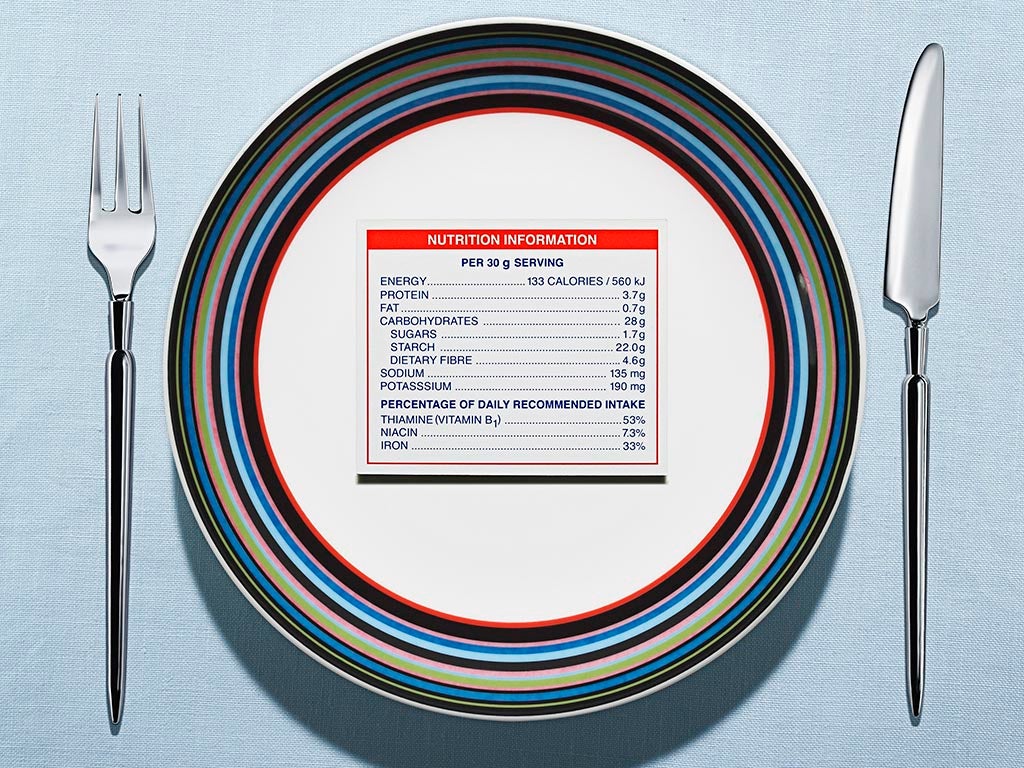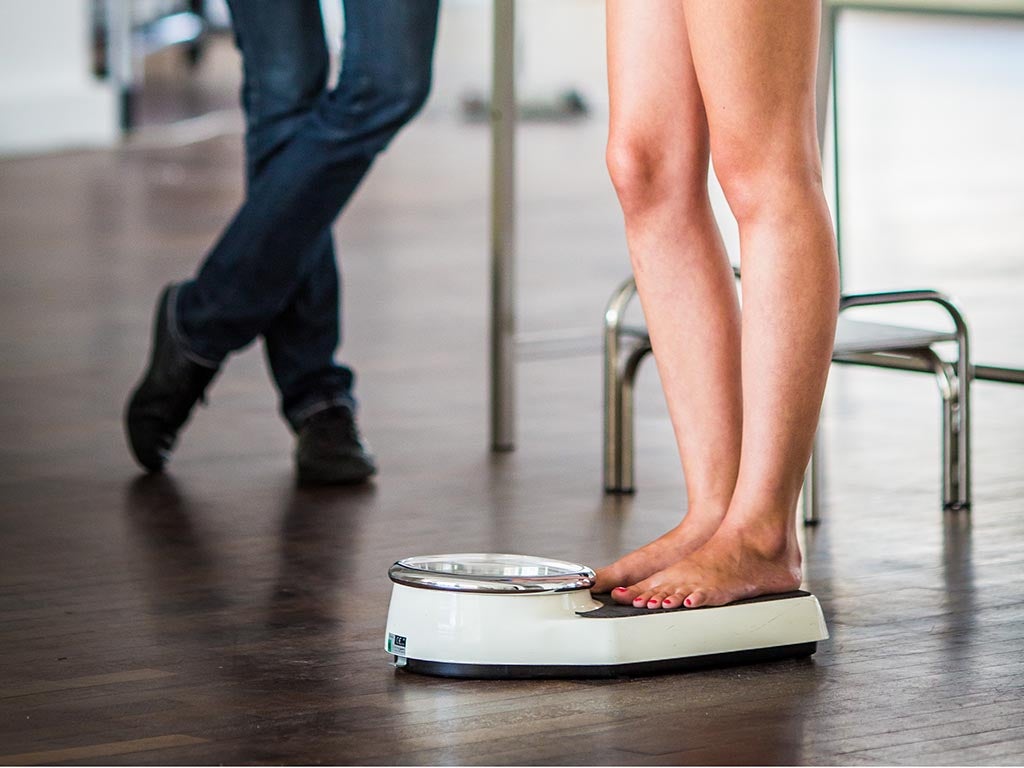'Your BMI isn't low enough for treatment': the deadly approach Britain is taking to anorexia
You tell yourself you don't need, want or deserve help – and when that is confirmed by a doctor saying you're not ill enough and you weigh too much for treatment, where else is there to go but down?

“You've got a chicken pox on your neck!”
That was my nephew's diagnosis of what was actually just a mole, but a decent effort, delivered with an appropriate amount of worry and panic.
I felt fine and wasn't really worried, but thought I'd mention how the mole had grown darker and maybe changed shape when I next saw my GP. Two days later I had a letter referring me to the outpatient clinic at the local hospital and within two weeks it had been whipped off, stitched up and tested for anything nasty. Turned out I was fine.
When I was seven I wrote in a school book that my New Year's resolution was to lose weight. My teacher rang my mum but I insisted that I was fine; it was nothing, I didn't mean it. I don't even know if I did mean it – I was an active, fit, healthy girl and don't recall feeling fat at that age - but I did act on it.
I'd chuck my sandwiches in the bin on the way out of school. A hawk-eyed parent told my mum and once again I was confronted. Once again, I said I was fine. I had to hide it better, this new habit. I'd sit at lunch, wait until the dinner lady wasn't watching, wrap up my food and dispose of it in the toilet afterwards. Some would end up staying in my bag, or be transferred to my wardrobe where they'd rot. It stank. So my parents would pull me up again. Again, I was fine.
This skipping of meals, hiding, lying and deceiving went on throughout the rest of primary school and into secondary, where it was even easier to hide. Great stuff, I thought.
Then I got dragged to the doctor where I admitted that I'd been skipping meals for years. I told them I'd started skipping breakfast when I could, and sometimes attempted to get out of tea, and when I did have to have tea I'd immediately go speed-walking and spend all night not sleeping, but doing sit-ups.
“Are you menstruating?”
“Yes.”
“You're ok for now then, nothing to worry about.”
I had periods = I was functioning = I was fine.
So I carried on. There'd be the odd worried look or whispered rumour or call home from school but nothing serious. The school nurse would weigh me and worry, but it wasn't like I was dying or anything. I was fine. I got a bit gothy and would hide in stupidly massive baggy black trousers and layers of net and mesh and chunky knit (it's cold, being skinny). I became aware that other girls were dieting, copying whatever fads there mums were into – but I wasn't interested in dieting: diet wasn't a big enough word.
“You've lost a bit of weight since last time I saw you.”
“I know.”
“Come back in 6 months.”
I was about 17. I'd walk miles to and from college and those silly baggy trousers and skirt would hang off my hips, but now there were no teachers and new friends and more time to spend away from home; away from food. I didn't go back in 6 months.
Being away from home at university allowed me to do what, by then, I'd got pretty good at doing. Slow hand clap at being good at losing weight, what a success story. I'd come back in the holidays and get smaller each time, fragile but ferocious if anyone dared to ask if there was anything wrong with me. I was fine.
Things spiralled fast and my time there became a blur of starvation and tears and blackouts and drinking and puking and internet and starving and crying and bleeding and not bleeding and running and laxatives and puking and drinking and diet pills from God knows where and running and fainting and starving.
“If you run even 5k, you're risking your life.”
“But I've not fainted for a while.”
“You could go into cardiac arrest at any second – I'm referring you to the psych team...
You're quite thin, but I'm not going to lose any sleep over you.”
My GP at university was the first to refer me. I was zombified and had no fight in me, so went along to the psych – and those were her actual words after I'd spent an hour with her. So, I was still fine.

If you spend over half your life telling yourself something, you'll start to believe it. I was fine at a low weight, with a low blood pressure and no control over myself or my mood or my nutritional intake, and this was continually reinforced by dismissive doctors and other health professionals. I live, therefore I'm fine.
Eating disorders don't go away by themselves. When an illness lasts for that many years, it is deeply ingrained. The evil thing about anorexia and bulimia is that the fear of gaining weight and desperation to lose weight is more important than any of the risks you take along the way.
Asking for help goes against everything an eating disorder stands for. You tell yourself you don't need help, don't deserve help – and when that is confirmed by a doctor or funding body saying that your BMI is too high for treatment, you weigh too much, you're not ill enough, where else is there to go but down?
The number of children and teenagers seeking help for an eating disorder has risen by 110 per cent in the past three years. But young people are still being told they need to lose weight so their body mass index is low enough to qualify for treatment.
After over ten years of living and struggling with anorexia, bulimia and depression, I got the treatment that I needed, but I had to fight for it and that destroyed me. I cried down a phone, begging for the very thing that I was scared of the most. Many people won't do that and too many end up too ill to ever recover, or dead.
BMI is bull****. It is not a measure of sickness or of health.
Just as my mole was spotted and treated immediately, even as just a precaution, so should all symptoms of eating disorders. That's really how simple it is. Just take it seriously, treat people with respect and it will save us all a lot of time, money and lives.
For support and information visit www.b-eat.co.uk
Join our commenting forum
Join thought-provoking conversations, follow other Independent readers and see their replies
Comments